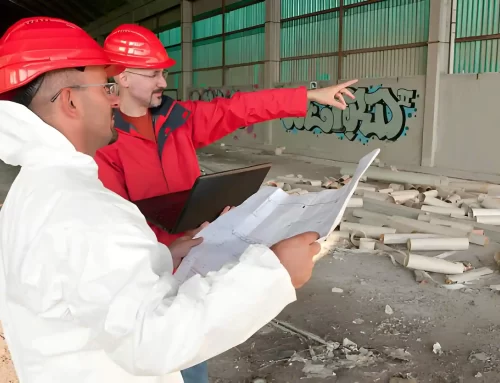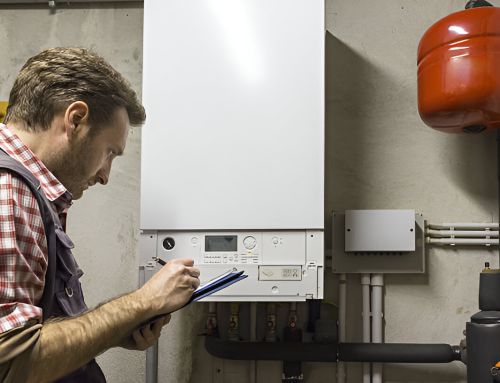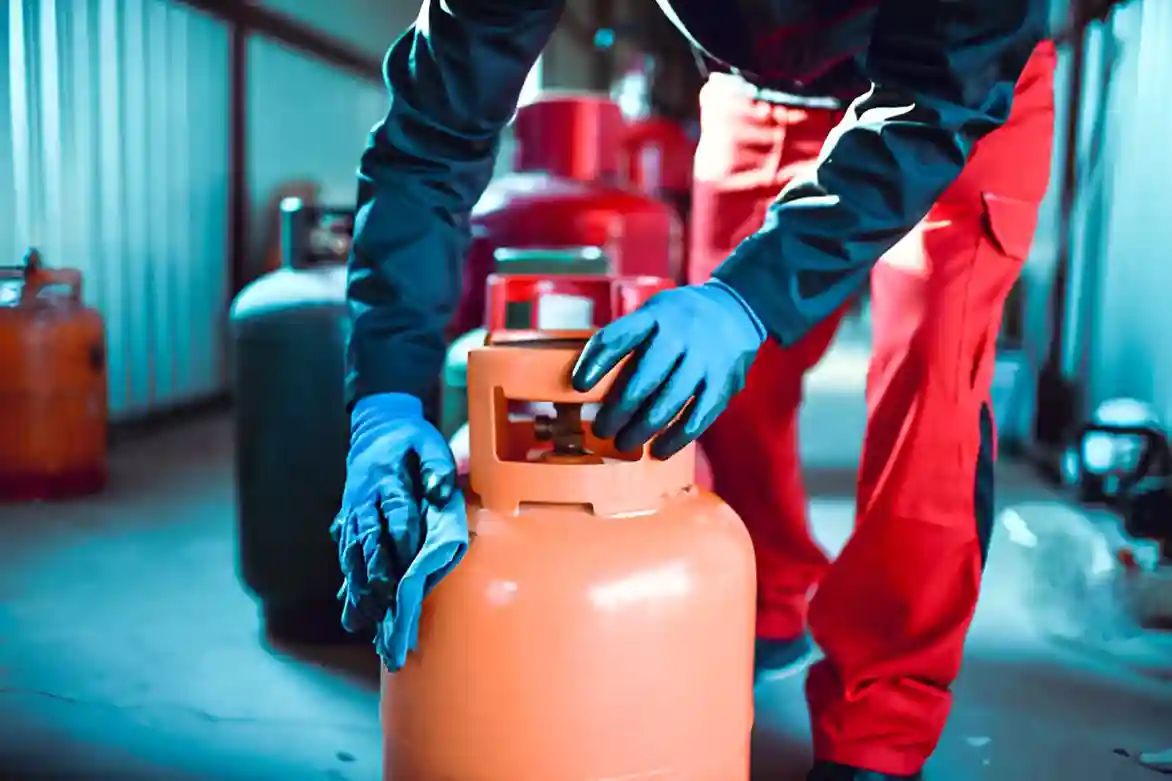
The Gas safety Certificate cost in the UK varies considerably based on several factors. Understanding these factors is essential for both landlords and homeowners. Prices typically fall between £60 and £120, but expenses can escalate depending on specific circumstances. Compliance is not merely a suggestion; it is a legal requirement. As the landscape of gas safety evolves, what trends and considerations should property owners be aware of moving forward?
Key Takeaways
- The average Gas Safety Certificate in the UK ranges from £60 to £120, varying by location and provider rates.
- Costs can increase based on the number and condition of gas appliances needing inspection, as well as property size and complexity.
- Landlords face higher costs due to annual certification requirements for multiple properties, while homeowners usually pay less for their primary residence.
- Legal compliance mandates annual checks by a registered Gas Safe engineer, with penalties for non-compliance reaching up to £6,000.
- Future trends may see increased costs for certifications due to inflation and new regulations affecting gas engineering services.
What Is a Gas Safety Certificate and Why Do You Need One?
A Gas Safety Certificate, often regarded as an essential document for property safety, serves as proof that gas appliances and installations have been inspected and deemed safe by a qualified engineer. This certificate is vital for landlords, as it guarantees compliance with legal obligations to provide safe living conditions for tenants.
Regular inspections, typically conducted annually, help identify potential hazards such as gas leaks or faulty appliances, thereby minimising risks of fire or carbon monoxide poisoning.
In addition to legal compliance, possessing a Gas Safety Certificate fosters trust between landlords and tenants. It demonstrates a commitment to safety and well-being, enhancing the overall rental experience.
Homeowners and property managers also benefit from this certification, as it can improve property value and appeal. Ultimately, obtaining a Gas Safety Certificate is not just a regulatory requirement; it is a proactive measure that contributes to the safety and security of all individuals within the property.
Average Gas Safety Certificate Cost in the UK
The Gas Safety Certificate cost in the UK varies based on several factors, including the location, the number of gas appliances, and the service provider.
On average, homeowners can expect to pay between £60 and £120 for a standard gas safety inspection.
Several key elements influence this pricing structure:
- Location: Prices may differ considerably between urban and rural areas.
- Number of Appliances: More appliances can increase inspection time and costs.
- Service Provider: Different providers may have varying rates based on their expertise and reputation.
Property owners should shop around and compare quotes from multiple registered Gas Safe engineers to guarantee they receive a fair price.
While the average cost may give a general idea, specific circumstances will ultimately dictate the final fee.
Factors That Influence Gas Safety Certificate Cost
Several factors greatly influence the Gas Safety Certificate cost. One primary consideration is the location of the property; urban areas often incur higher rates due to increased demand and labour costs.
Additionally, the size and complexity of the gas installation can affect pricing; larger properties or those with more intricate systems may require more extensive inspections.
The condition of existing appliances also plays a role; if repairs or replacements are necessary, this can lead to higher overall expenses.
Moreover, the choice of a gas engineer impacts costs, as different professionals may have varying fee structures based on experience and qualifications.
Finally, market competition can influence pricing; in regions with multiple service providers, consumers may find more competitive rates.
Understanding these factors can help individuals anticipate the Gas Safety Certificate cost.
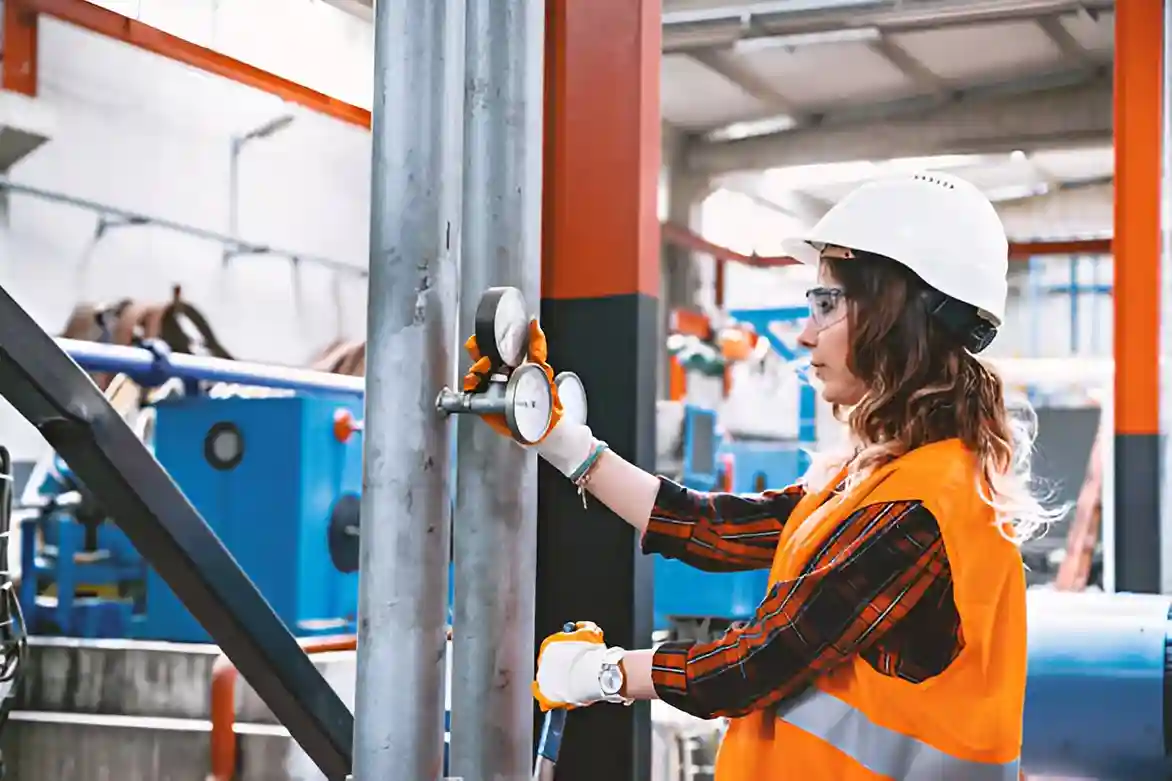
Gas Safety Certificate Cost for Landlords vs Homeowners
While both landlords and homeowners require a Gas Safety Certificate, the costs associated with obtaining one can differ considerably between the two groups. Typically, landlords face higher expenses due to the need for regular inspections across multiple properties. In contrast, homeowners usually incur lower gas safety certificate costs as they only need a certificate for their primary residence.
Several factors contribute to this pricing disparity:
- Number of Appliances: Landlords may have multiple gas appliances to inspect, increasing overall costs.
- Frequency of Inspections: Landlords are legally obligated to obtain annual certificates, while homeowners may only need one when required.
- Market Demand: In areas with a high concentration of rental properties, competition among gas engineers may drive prices up for landlords.
Understanding these differences helps both landlords and homeowners budget effectively for Gas Safety Certificates.
Additional Expenses Linked to Gas Safety Certificates
Obtaining a Gas Safety Certificate often involves additional expenses beyond the standard inspection fees. Homeowners and landlords may encounter gas safety certificate costs associated with necessary repairs or upgrades identified during the inspection.
For instance, if gas appliances are found to be faulty or not compliant with safety regulations, immediate repairs must be undertaken to meet safety standards, incurring further expenses.
Furthermore, property owners may need to take into account costs for routine maintenance, such as servicing gas appliances or replacing outdated equipment.
If the property is undergoing renovations that involve gas work, this can also lead to increased costs. In addition, there may be fees for re-inspection if the initial inspection reveals issues that require rectification.
How Often Should You Renew a Gas Safety Certificate?
How frequently should a Gas Safety Certificate be renewed? In the UK, landlords must renew their Gas Safety Certificates annually. This guarantees that gas appliances, flues, and fittings are safe for use.
The following points clarify the renewal timeline:
- Annual Requirement: A Gas Safety Certificate must be obtained every 12 months to comply with legal regulations.
- Transferability: If a property is sold or transferred, the new owner inherits the responsibility for guaranteeing a valid certificate is in place.
- Record Keeping: Landlords are required to keep records of the certificate for at least two years, ensuring compliance and safety.
Failure to renew a Gas Safety Certificate can lead to serious legal consequences and jeopardise tenant safety.
Consequently, timely renewal is essential for both legal compliance and the well-being of occupants.
Tips for Reducing Your Gas Safety Certificate Cost
Reducing the Gas Safety Certificate cost can be achieved through several effective strategies.
Property owners should begin by comparing prices from various Gas Safe-registered engineers. It is advisable to obtain multiple quotes to guarantee a competitive rate.
Additionally, scheduling the inspection during off-peak times may result in lower fees, as demand can fluctuate.
Regular maintenance of gas appliances can prevent costly repairs, ultimately facilitating a smoother certification process. Keeping records of previous inspections and any maintenance work can also streamline the assessment, possibly reducing fees.
Furthermore, some landlords may consider joining a landlord association, which often provides discounts on safety certificates and access to vetted professionals.
Finally, confirming compliance with regulations and standards can help avoid penalties or additional costs, reinforcing the importance of proactive management in maintaining gas safety.
Gas Safety Certificate Cost and Its Impact on Property Management
The Gas Safety Certificate cost plays a significant role in property management, influencing both financial planning and compliance strategies for landlords. Understanding these costs can help landlords make informed decisions and maintain safety standards.
Key impacts include:
- Budgeting: Regular expenses for obtaining certificates must be factored into the overall property budget, affecting cash flow.
- Legal Compliance: Non-compliance due to cost-cutting can result in significant fines, legal issues, and potential harm to tenants, emphasising the importance of prioritising safety.
- Tenant Retention: A property with up-to-date safety certifications can attract and retain tenants, as it assures them of a safe living environment.
Common Misconceptions About Gas Safety Certificate Cost
Misunderstandings surrounding the Gas Safety Certificate cost can lead landlords to make misguided financial decisions. One common misconception is that the certificate is an unnecessary expense, which can result in neglecting essential safety measures.
Some landlords mistakenly believe that costs are uniform across the board, not accounting for variations based on the complexity of the gas systems or the property size. Additionally, many assume that the price of obtaining the certificate is a one-time expense, overlooking the need for annual renewals and potential inspection fees.
Another misconception involves the belief that conducting self-assessments suffices, which can lead to non-compliance with legal requirements.
These misunderstandings can ultimately compromise safety and lead to higher costs in the long run, emphasising the importance of understanding the true value and necessity of a Gas Safety Certificate.
Gas Safety Certificate Cost vs. Non-Compliance Penalties
While obtaining a Gas Safety Certificate incurs a cost, failing to secure one can result in substantially higher penalties for non-compliance.
Landlords and property owners who neglect this responsibility face serious consequences that can far exceed the initial expense of certification.
The penalties for non-compliance may include:
- Fines: Landlords can face fines up to £6,000 for failing to provide a valid Gas Safety Certificate.
- Legal Action: Non-compliance can lead to criminal prosecution, which may result in additional fines or imprisonment.
- Increased Insurance Premiums: Insurance providers may raise premiums or deny claims if a property lacks adequate safety certifications.
Ultimately, the Gas Safety Certificate cost is a fraction of the potential financial and legal repercussions associated with non-compliance.
Investing in safety not only guarantees regulatory adherence but also protects tenants and property owners alike.
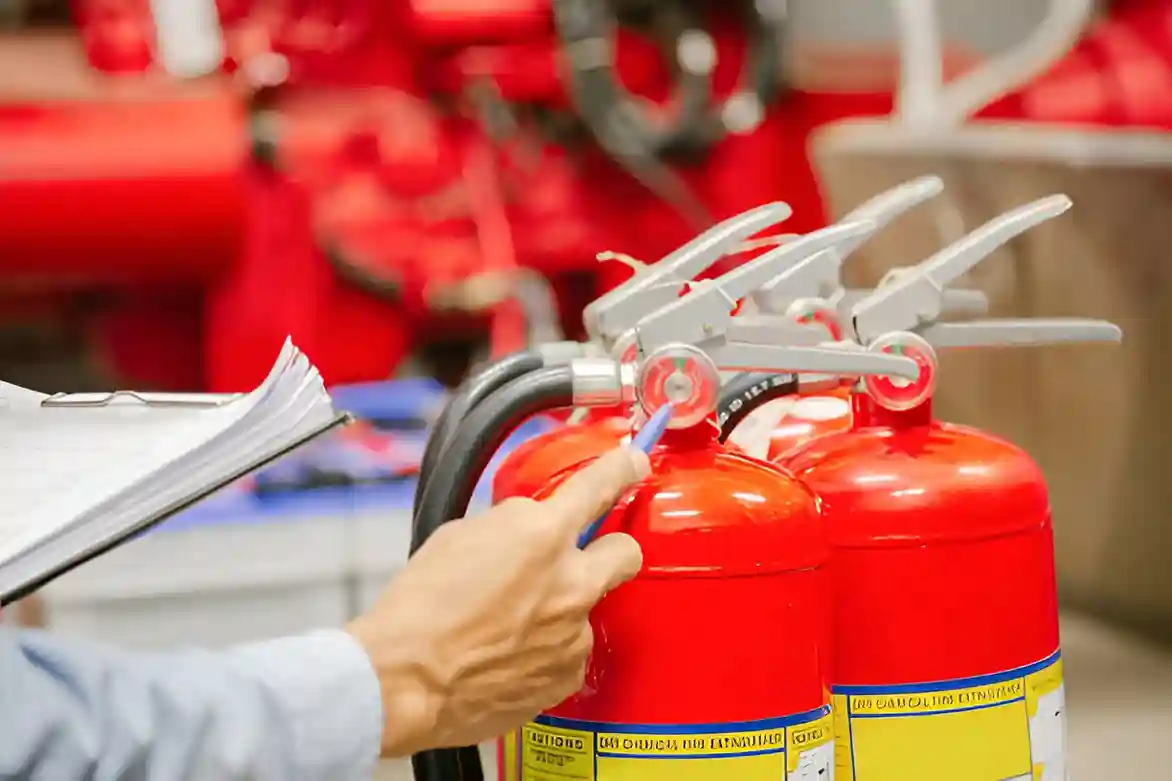
Gas Safety Certificate Cost for Boilers, Cookers, and Other Appliances
Obtaining a Gas Safety Certificate for boilers, cookers, and other gas appliances is essential for guaranteeing safety and compliance. The cost of acquiring this certificate can vary, influenced by factors such as the type of appliance, the complexity of the installation, and the service provider.
Generally, the price for a Gas Safety Certificate ranges from £50 to £100 per appliance. Boiler certifications often fall on the higher end of this spectrum due to the intricate checks required. For cookers and other smaller appliances, the cost may be lower.
Additionally, properties with multiple gas appliances may benefit from bulk pricing, potentially reducing the overall expense. Homeowners should also consider the importance of regular inspections, as these not only guarantee compliance with safety regulations but can also prevent costly repairs in the long run.
Investing in a Gas Safety Certificate ultimately contributes to a safer living environment.
Gas Safety Certificate Cost Trends in the UK for 2025
The Gas Safety Certificate cost in the UK is anticipated to experience notable trends in 2025, influenced by various economic and regulatory factors.
As the government pushes for stricter safety measures and compliance, several key elements are expected to impact costs:
- Inflation Rates: Rising inflation may lead to increased operational costs for service providers, subsequently affecting the price of certificates.
- Regulatory Changes: New regulations aimed at enhancing safety standards could necessitate additional training and certification for gas engineers, which may result in higher fees.
- Market Demand: An increase in rental properties may drive demand for Gas Safety Certificates, potentially leading to a rise in costs due to higher competition among providers.
These trends suggest that homeowners and landlords should anticipate adjustments in costs while planning for their gas safety needs in 2025.
Gas Safety Certificate Cost and Legal Requirements for Landlords
Landlords in the UK are legally required to obtain a Gas Safety Certificate for their rental properties to guarantee the safety of their tenants. This certificate serves as proof that all gas appliances, fittings, and chimneys have been checked by a registered Gas Safe engineer.
Legally, landlords must verify that these checks occur annually, with the certificate remaining valid for 12 months.
The cost of obtaining a Gas Safety Certificate varies based on factors such as property size and location, typically ranging from £60 to £120. In addition to the certificate cost, landlords may also incur expenses for necessary repairs or maintenance identified during the safety inspection.
Failure to comply with these legal requirements can lead to significant penalties, including fines or potential imprisonment. As a result, landlords must prioritise obtaining and maintaining a valid Gas Safety Certificate to protect both their tenants and themselves from legal repercussions.
Frequently Asked Questions
Obtaining a gas safety certificate typically takes one to three hours, depending on the property’s size and condition. The process includes an inspection, testing of appliances, and issuing the certificate by a qualified engineer.
No, individuals cannot perform their own gas safety checks. Only qualified Gas Safe registered engineers are authorised to conduct these inspections, ensuring safety compliance and minimising risks associated with gas appliances and installations.
If a property fails the gas safety inspection, the owner must address the identified issues promptly. This may involve repairs or system upgrades to guarantee compliance with safety standards, protecting occupants and avoiding potential legal repercussions.
Gas safety certificates are not transferable between properties. Each property requires its own certificate, as they are specific to the installation and safety of gas appliances within that particular location, ensuring compliance with safety regulations.
Yes, rented holiday homes require a gas safety certificate to guarantee the safety of gas appliances. Property owners must obtain this certification annually to comply with legal obligations and protect tenants from potential hazards.
Conclusion
In summary, understanding the Gas Safety Certificate cost is vital for both landlords and homeowners in the UK. With average costs ranging from £60 to £120, various factors can influence these prices. Compliance not only guarantees tenant safety but also helps avoid hefty fines for non-compliance. As the demand for safe gas appliances increases, staying informed about potential costs and legal obligations remains essential for property owners seeking to protect their investments.
About the Author: Atia Amin
Related Posts
Get Social
Recent Posts
- Electrical Diagnostic London: How Professional Testing Keeps Your Property Safe and Compliant
- Asbestos Management Survey London: Update Your Property Records
- Gas Safety Certificate London: Why Regular Checks Save Money Long-Term
- FRA London Explained: How a Professional Fire Risk Assessment Keeps You Compliant and Safe
- When a New Tenancy Requires Your EICR Certificate London Renewal


